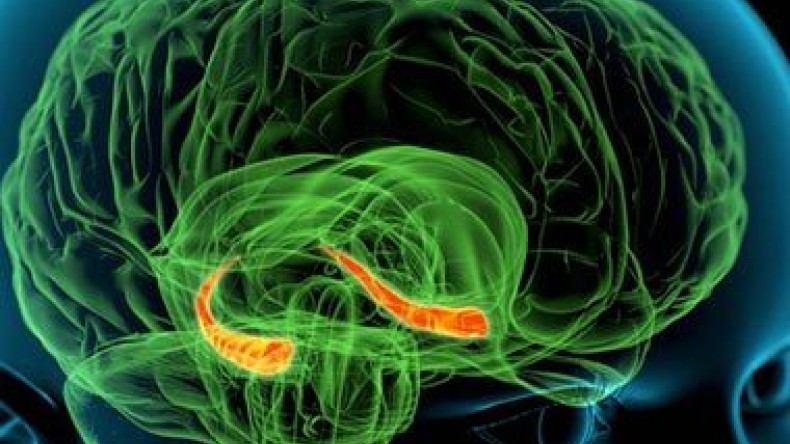
Similar memories benefit from 'extra space' in brain
Similar memories overlap physically in the brain and this produces less confusion if the brain area responsible is larger, according to new research, the BBC reports.
Scientists scanned the brains of 15 people recalling four similar scenes, in a study published in PNAS.
They spotted overlapping memory traces in a specific corner of the hippocampus called "CA3", a known memory area.
If their CA3 was bigger, the subjects were less confused and there was less overlap in the traces.
Most of us store many similar memories, relating to the places we spend most time and the people we know best. Normally we can tell them apart, though some of us may be better at it than others.
The CA3 region was thought to process each memory using distinct sets of brain cells. These findings suggest, however, that when two episodes incorporate similar content, they may in fact be "remembered" by physically overlapping networks - and more space could be beneficial.
"Our results may help to explain why we sometimes find it difficult to differentiate between similar past memories, and why some people are better at doing this than others," said Prof Eleanor Maguire, the study's senior author, from the Wellcome Trust Centre for Neuroimaging at University College London (UCL).
The 15 subjects watched four short movies, showing two different actions happening in each of two different places. They were then prompted to remember each one, 20 times over, inside a brain scanner.
Scans revealed distinguishable memory activity in the CA3 region, but not three other compartments of the hippocampus. Importantly, the four different memory traces showed significant overlap.
Furthermore, that overlap was more apparent in people who said they were more confused by the similarities between the four memories.
Newsfeed
Videos






























